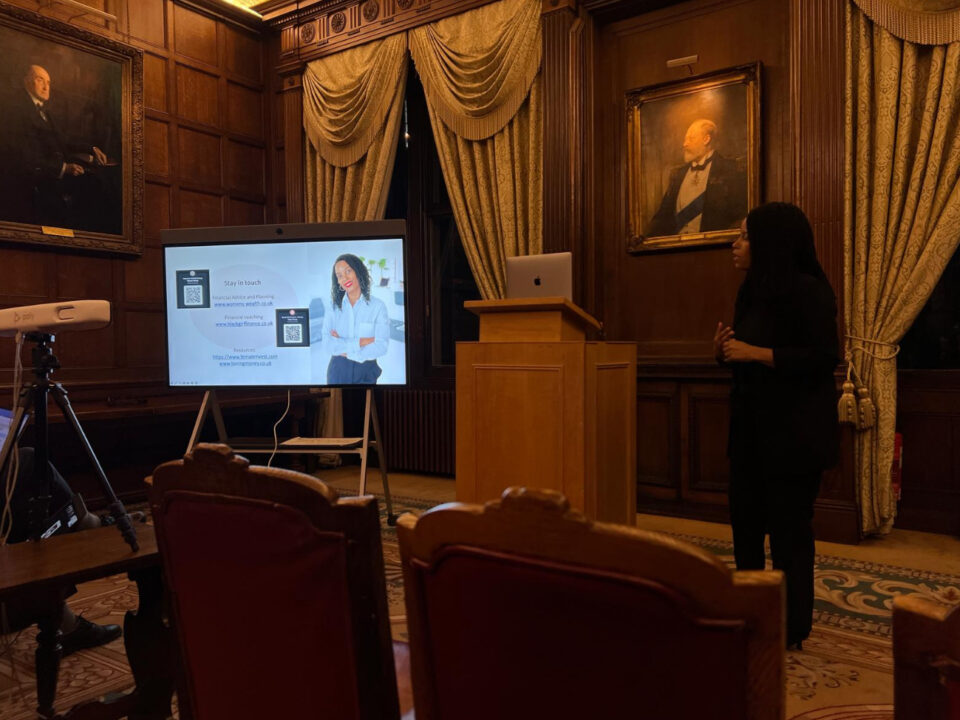
Are Law Firms Truly Embracing Diversity?
January 2, 2024
A Guide to Inclusive Networking for Law Students
January 4, 2024Article by Jasmeen Kaur.
Reading time: three minutes
As an individual of Asian descent within the BAME community, I had significant challenges navigating the intricacies of legal education, especially when it came to forming meaningful connections. This article will explore four main topics:
- my personal experience;
- how D&I affects the legal industry;
- societal issues; and
- why law firms should prioritise diversity and inclusion. (D&I)
My personal experience
My experience as a second-year law student started with feeling overwhelmed, which was compounded by the challenges I had as the first person in my family to attend University and by the fact that I am Asian. As someone with limited access to family support or connections in the legal community, I found it challenging to find my feet during university. This was because I felt the pressure to make an identity for myself, especially coming from a state school with mediocre high school grades.
Despite these obstacles, I sought opportunities to network with legal professionals every chance I got. This clearly paid off because in my first year, I landed a position with Heritage Holdings as their D&I Consultant with the assistance of my university. Even though this experience provided me with useful knowledge and insights, I still experienced challenges. For example, I struggle with emotions of loneliness and doubt, which makes forming connections that align with my ambitions challenging. I’m still trying to figure out how to connect with people so that I feel less like a stranger in this field.
How D&I issues can affect the legal profession
The main issue with D&I is the environment at law school. Many critics have argued, “that poor minority performance might be caused by “hostile” environments in law school or “stereotype threats” faced by underrepresented students. Seeing critics even bring this up shows that the environment of law school may be too demanding, especially for those in unrepresented circumstances, making it much harder for diversity in the law sector. Diversity issues also affect the legal profession. A report by The Law Society indicated that compared to White solicitors, Black, Asian, and ethnic minority solicitors report lower levels of job wellbeing. Many people who feel like they have “no voice” have struggled with their mental health, paid for counselling, or decided to leave their jobs. D&I remains an issue and there needs to be a change because this can also affect future intake of students.
Implications for society
One of the main issues of lack of D&I in law schools and the law sector is social cohesion and trust. This can lead to people from marginalised groups feeling disconnected and unsure of themselves. If such feelings are overlooked, this can cause significant societal problems, such as a division between people, less community involvement, and will eventually lead to difficulties keeping peace among everyone. This will also have a knock-on effect on the number of individuals wanting to pursue a career in law; this number will decrease.
Implications for law firms
Increasing D&I should be a top priority for law firms, including solicitors and barristers. They gain from this strategy in several ways. Employers can be sincerely dedicated to promoting inclusivity and increasing awareness through active participation in events and activities. This upholds its core beliefs and fosters confidence between employees and clients. Establishing an inclusive workplace guarantees that staff members ‘feel appreciated, at ease,’ and equipped to interact with clients productively. This dedication gives law students the self-assurance to apply for training contracts and pupillage. Consequently, more varied talent pools benefit law firms, especially smaller boutique firms, making the path less intimidating for aspiring lawyers.
Finally
From my experience at university thus far, it’s evident that D&I concerns extend beyond students to include solicitors and barristers too. The issues lawyers face can lead to burnout and a wellbeing crisis, and the issues law students face leads to isolation and feelings of anxiety. Despite the evidence, it’s important to never lose hope as an aspiring lawyer; remember that most people, me included, are still figuring things out and facing obstacles themselves. Use the challenges to motivate you to keep going and you will eventually reach your destination.





